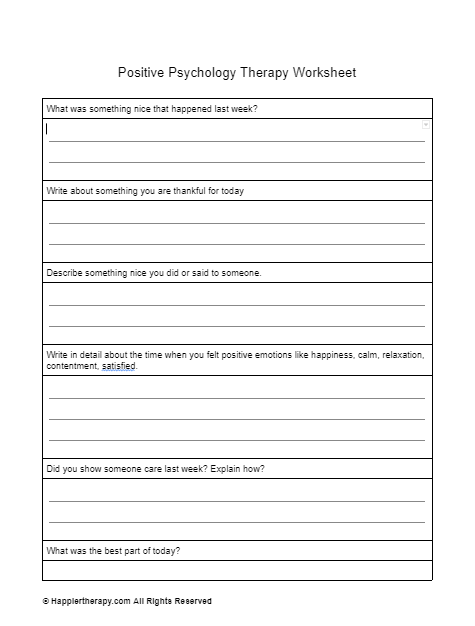Planning a Home Psychology Practice with Practical Tips
Planning a Home Psychology Practice with Practical Tips
Blog Article
Why Establish a Private Psychology Clinic
Opening a psychology practice offers flexibility that many mental health professionals desire. Instead of working under someone else’s rules, you can choose your clients.
Over time, your client base can expand through referrals and reputation, providing long-term stability.
Another reason to start your own psychology office is the ability to design an environment that aligns with your values. You can choose decor, therapy tools, and resources that reflect your philosophy.
Costs of Starting a Psychology Office
For a home-based or online practice, initial expenses may be lower, focusing mainly on software.
Technology like scheduling software and secure video platforms is essential if offering teletherapy.
Starting small can reduce upfront costs: some psychologists begin with shared office spaces or part-time leases.

Building a Therapy Practice from Home
A home-based psychology practice offers convenience and lower overhead. To start, choose a room that provides privacy for sessions.
Legal requirements may vary: check zoning laws to ensure home offices are allowed in your area.
Technology is crucial for a home practice: invest in reliable internet, video platforms, and secure client management software.
How to Set Up a Cognitive Psychology Practice
A cognitive-focused office benefits from flip charts to engage clients in cognitive restructuring exercises.
Professional development is key: ensure certifications in cognitive therapies are up to date.
Networking with physicians, schools, and wellness centers can generate referrals targeting those needing cognitive therapy.
Starting a Virtual Therapy Office
Invest in a professional website with online booking and payment integration.
Ensure your liability insurance covers telehealth services.
Highlight convenience, accessibility, and confidentiality in messaging.

How to Set Up a Social Psychology Practice
Choose an office space accessible to underserved populations, possibly within a community center or shared facility.
Grant funding or sponsorships may help cover costs if offering low-fee or free services for marginalized communities.
Attend local events, offer free talks, and engage in grassroots outreach to establish credibility.
Keys to Building a Thriving Psychology Office
A successful psychology practice balances clinical excellence with business strategy. Beyond clinical skills, you’ll need to manage client retention.
Investing in professional branding, an informative website, and visible online presence helps establish authority.
Delegating administrative tasks allows more focus on therapy work and reduces burnout.
Conclusion: Building Your Psychology Practice
Whether you choose a home office, the process requires careful planning and commitment.
Remember, a thriving practice balances clinical care.
With passion, perseverance, and clique aqui ethical care, your psychology practice can grow into a meaningful and rewarding endeavor.
Frequently Asked Questions for New Psychologists
How expensive is it to set up a therapy practice?
The cost ranges widely depending on location, size, and services. On average, setting up a small office may cost between $5,000 and $20,000, covering furniture, licenses, insurance, and marketing.
What do I need to start a home psychology practice?
Yes, many psychologists operate home practices, but check local zoning and licensing rules first.
How do I run a teletherapy practice?
Always provide clients with informed consent about telehealth limitations and privacy practices.
What marketing works for a new psychology office?
Building trust through blogs, social media, or free webinars helps establish credibility.
Do I need a business plan for my psychology practice?
A solid plan guides decision-making and increases chances of long-term success in your psychology practice.
Report this page